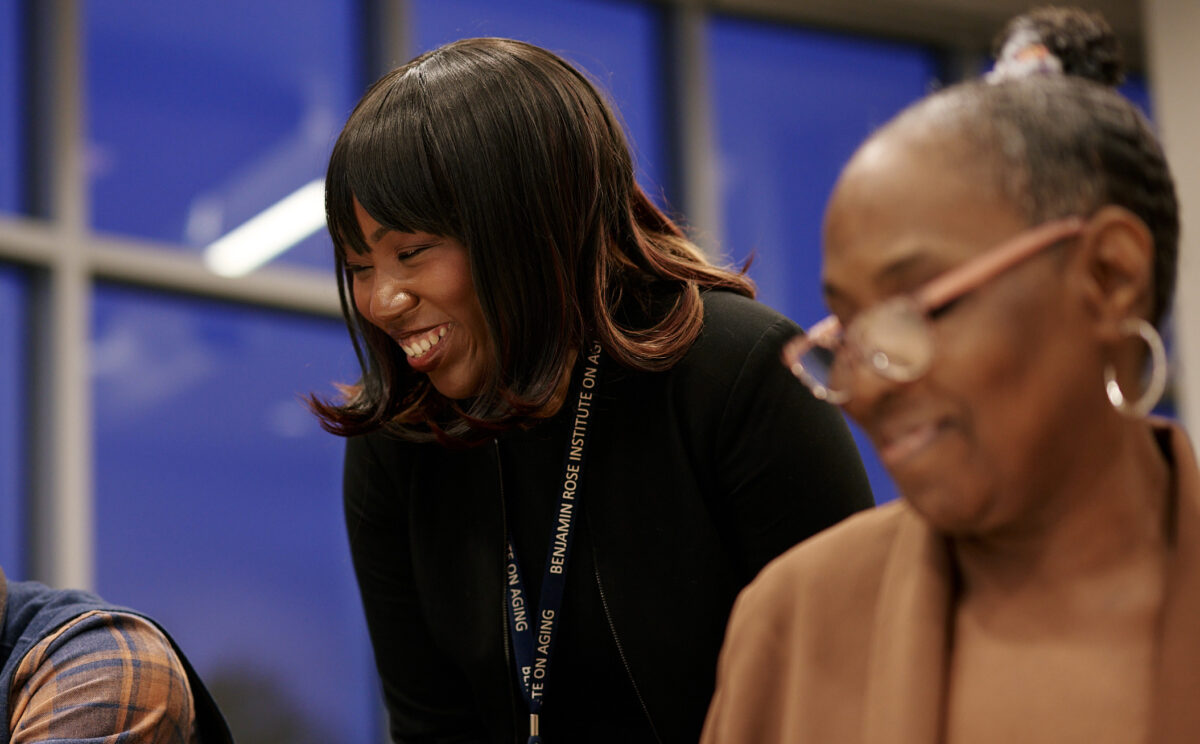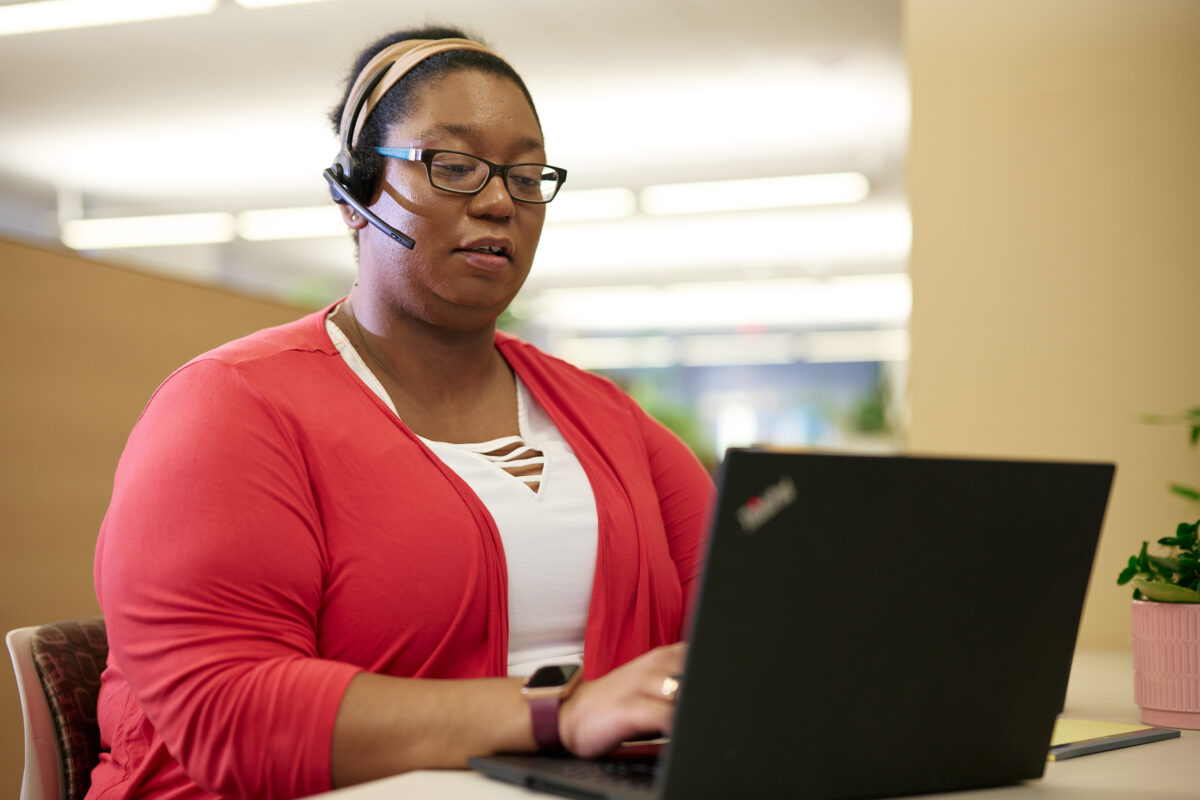Participating in Dementia Clinical Trials and Research Studies as a Caregiver
As a dementia caregiver, you’ve most likely seen references to research studies, surveys and clinical trials when researching your loved one’s condition. Whether it’s the World Health Organization’s statistic that 55 million people around the world have dementia or the suggestion that exercise and a healthy diet can lower the risk of developing dementia, most of what we know about the disease comes from rigorous research.
The results of these studies can tell you more about what your loved one is experiencing, help you compare the experiences of you and your loved one to those of others, and keep you informed of new developments in dementia research and caregiver support. Research can help make what can be a very confusing and frightening condition a little clearer. It can show you that you are not alone. It aims to find a cure and create a world without dementia, and is supported by the efforts of individuals who participate in events like the Alzheimer Association’s Walk to End Alzheimer’s. And until the day a cure is found, research strives to make life in a world with dementia better through supportive programs like SHARE for Dementia and community education like Dementia Friends.
Many caregivers and older adults find themselves interested in participating in dementia studies so they can make their voices heard, share their stories and be a part of improving the experiences of others. However, many would-be participants are unfamiliar with these studies and how to find them, which can keep them from getting involved.
What are the benefits of participating in dementia research?
There are many benefits to getting involved in research. By participating in research studies, you can:
- Contribute to information about dementia, to assist in the development or improvement of treatment, or even the discovery of a cure. By studying dementia, scientists and researchers can learn more about what causes it, how it manifests in the body and how it can potentially be treated or even prevented.
- Help in the development and improvement of programs that support older adults with dementia and their caregivers. While we all hope for a cure for dementia, we currently live in a world without one and need to make a better present while still working for a better future. Right this moment, older adults with dementia need support to age in place and stay active in the community, and dementia caregivers need support to handle their many responsibilities. Research can help with the development of programs, and can make it easier to find out what works and what may need to change for existing programs. For example, research into music therapy can shine a light on what benefits it has for older adults with Alzheimer’s. Also, when programs for caregivers like the care-coaching program WeCare…Because You Do are supported by research, caregivers can be more confident that participating in these programs will benefit them.
- Identify areas of need. Maybe you’re a working caregiver for a loved one with dementia and feel more needs to be done by employers to help you balance your responsibilities. Maybe your loved one with dementia lives alone and needs more support to do so. Research can be a valuable method of addressing and bringing attention to these challenges some older adults and their caregivers face, and help in building a case for why a solution is needed.
How can I find opportunities to get involved in research?
One of the goals of the recent RAISE Family Caregivers Act is to engage family caregivers in national research and data gathering efforts. The Act, signed into law in 2018, recognizes that research is essential to improving the circumstances of caregivers, and developing programs that meet their needs.
If you want to get involved in research, a good place to start is bringing your interest up with one of your loved one’s service providers—such as a home care agency, social worker or senior center. Many researchers work with service providers and nonprofit organizations to recruit participants who meet their criteria.
There are also research study and clinical trial search tools available online. The National Institutes of Health has a searchable database of opportunities at clinicaltrials.gov where you can search for keywords that match your situation, like “caregiver” or “vascular dementia.” The Alzheimer’s Association also has a service called TrialMatch® which provides customized lists of clinical trial opportunities based on you and your loved one’s information.
Before participating in a clinical research study, be sure to talk to your loved one’s physician, as well as your own. Some research studies can potentially interfere with certain treatments and medications, so it’s important to double check that you and/or your loved one are capable of participating before making a commitment. Other members of your loved one’s care team can also provide insight and advice about participating. If you or your loved one are unable to participate in a clinical trial, you might consider looking into the option of getting involved in survey research instead. The Family Caregiver Alliance’s research listings include many survey and questionnaire-based studies conducted by both industry professionals and graduate students.
This article was written as a part of the Expansion of Dementia-Capable Communities within Urban and Rural Settings in Ohio using Evidence-Based and Informed Programming project, funded by the Administration for Community Living, Alzheimer’s Disease Program’s Initiative (#90ADPI0052-01-00).







